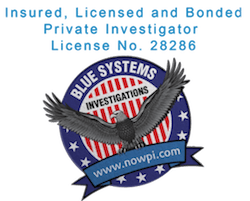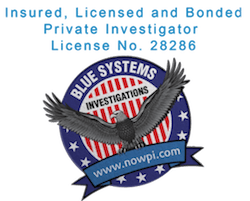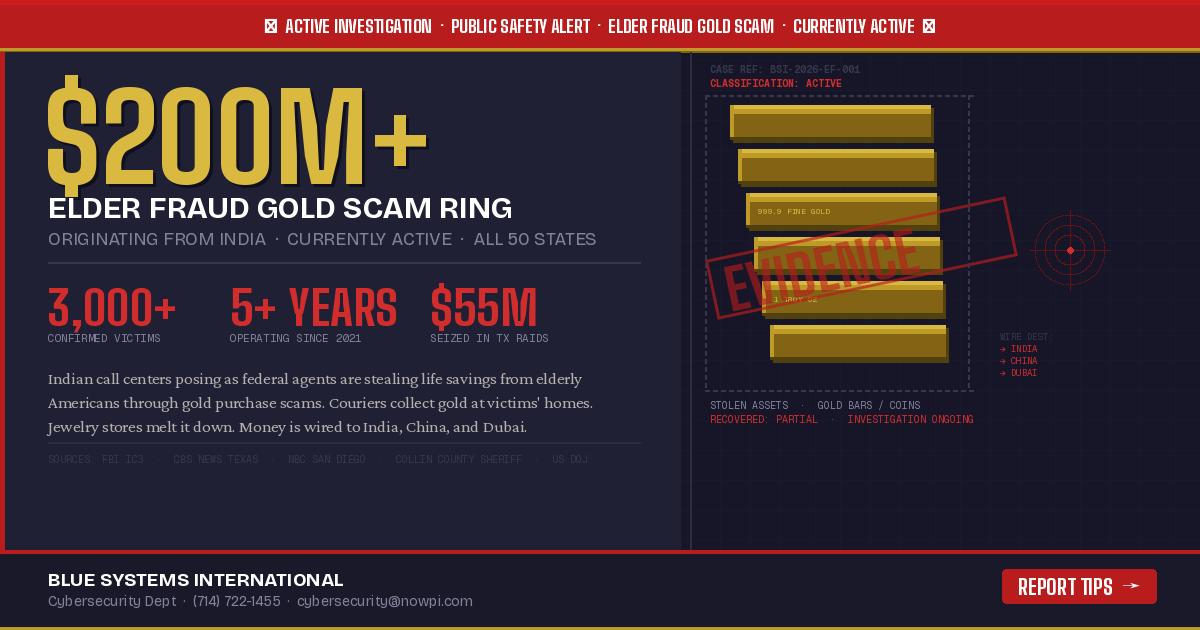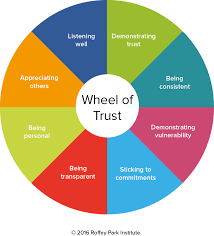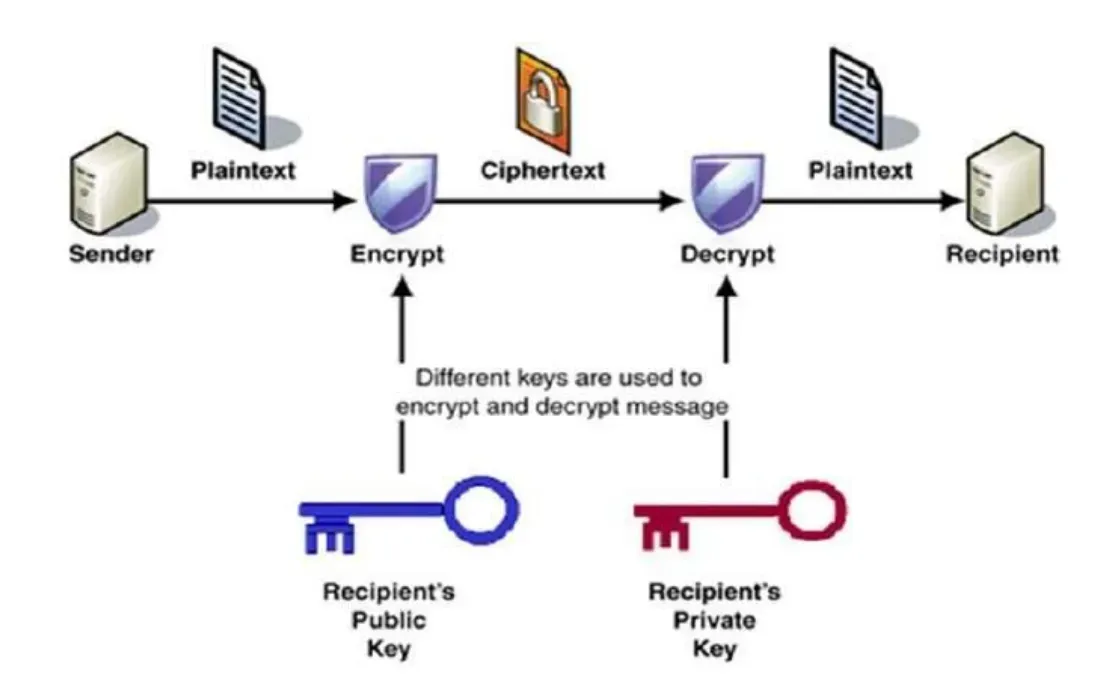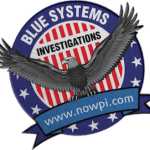Latest Blog Posts
August 15, 2019
August 15, 2019
August 15, 2019
Follow us on Facebook
Certification
CA Private Investigator
License No. 28286
PI Services
Locations Served
Client Intake Forms
Private Investigator Cost in 2026: $50–$150/Hr | Free Quote

Complete Pricing Guide for New Clients trying to hire a Private Investigator
When considering hiring a private investigator, understanding the cost structure is essential for making informed decisions. Private investigation services represent a significant but often necessary investment, with prices varying based on case complexity, required expertise, and geographic location. This comprehensive guide breaks down typical private investigator costs in detail, helping you understand what to expect and how to budget appropriately for professional investigation services.
How Much Does It Cost to Hire a Private Investigator in 2025?
Private investigator fees in 2025 remain as diverse as the cases they handle, and understanding these can help set realistic expectations for your budget.
Surveillance and Investigative Rates
For standard surveillance—think following a subject, monitoring locations, or discrete information gathering—most investigators charge an hourly rate. In most regions, you can expect these hourly charges to fall between $85 and $150 per hour, though prices can be notably higher in major cities such as New York or Los Angeles. If your investigation requires more advanced techniques or a team of specialists, the cost per hour may climb accordingly.
Flat-Fee Services
Some services, like straightforward background checks or basic vehicle tracking, are often billed at a flat rate. Basic background investigations typically range from $200 to $600, varying by the depth of research required. More thorough checks—those delving into financial records, extensive social media analysis, or harder-to-access databases—can surpass $1,000, especially if international records are involved.
Specialized Investigations
If your case involves searching for missing persons or tracing hidden assets, pricing may be set per project rather than per hour. These cases usually have starting points around $500, with costs increasing alongside the complexity and length of the investigation.
Corporate investigations—which might address fraud, embezzlement, or intellectual property theft—require specialized expertise and resources, often resulting in fees of several thousand dollars per case.
Legal Support
For those seeking support in legal matters—such as locating witnesses, gathering evidence, or serving legal documents—private investigators typically charge hourly, with fees reflecting the intricacy and urgency of the task.
In all instances, it’s common practice for agencies to request a retainer upfront, especially for extensive or ongoing operations. Always clarify the billing structure and receive a detailed estimate before proceeding, ensuring transparency and helping you avoid unwelcome surprises down the line.
Understanding Private Investigator Fee Structures
Professional private investigators typically use several pricing models, often in combination, to accommodate different investigation types and client needs.
Hourly Rate Structure
The most common pricing approach involves hourly fees:
- Standard surveillance rates: $85-150 per hour in most markets
- Complex or specialized investigations: $150-250+ per hour
- Team surveillance operations: $250-350+ per hour for multiple investigators
- Technical specialist rates: $175-300+ per hour for digital forensics or specialized expertise
These hourly rates typically apply to active investigation time, including surveillance, interviews, research, travel time, and documentation. Most reputable agencies require minimum hours (typically 4-8 hours) to ensure adequate investigation depth.
Retainer Requirements
Most private investigation firms require an upfront retainer before beginning work:
- Basic case retainers: $1,000-3,000
- Complex investigation retainers: $3,000-5,000+
- Long-term case retainers: $5,000-10,000+
- Corporate investigation retainers: $5,000-15,000+
This retainer serves as a deposit against which hourly charges are applied. Unused retainer amounts are typically refundable, while additional retainers may be required as investigations progress beyond initial projections.
Flat-Rate Service Options
Certain standard investigation services lend themselves to flat-rate pricing:
- Basic background checks: $200-500
- Comprehensive background investigations: $500-1,500
- Executive-level background checks: $1,500-2,500+
- Person locates/skip tracing: $300-600
- Asset searches: $400-1,000
- Bug sweep/TSCM services: $1,500-3,500 per location
- Process service: $75-250 per attempt
Flat-rate services provide cost certainty but may include additional charges for unusual complexity or complications.
Additional Cost Factors
Beyond base rates, several factors may impact total investigation costs:
- Mileage and travel expenses: $0.58-0.85 per mile plus tolls and parking
- Equipment fees: $100-500 per day for specialized surveillance equipment
- Database access charges: $25-200 for specialized searches
- Rush fees: 25-50% premium for expedited services
- Court appearance fees: $150-300 per hour plus preparation time
- Expert testimony rates: $1,000-2,500 per day
- Report generation fees: $150-500 for comprehensive documentation
Understanding these additional costs helps develop realistic budget expectations for the full investigation.
Cost Breakdown by Investigation Type
Different types of cases require varying approaches, time investments, and resources, directly impacting overall costs.
Infidelity Investigation Costs
Cheating spouse or infidelity investigations typically involve multiple surveillance sessions:
- Preliminary consultation: $150-300
- Surveillance operations: $1,250-4,500 (10-30 hours)
- Digital investigation components: $300-1,000
- Background research on suspected partners: $200-500
- Travel expenses: $200-500
- Documentation and evidence preparation: $250-750
- Final report and evidence presentation: $300-600
Total costs for standard infidelity investigations typically range from $2,000-6,000, with complex cases involving multiple locations or extended timeframes potentially reaching $10,000+.
Background Check Costs
Background check costs vary dramatically based on depth and scope:
- Basic criminal check: $100-250
- Employment verification: $150-300
- Education verification: $150-300
- Professional license verification: $100-200
- Asset search components: $300-800
- Comprehensive background investigation: $800-2,000
- Executive-level background check: $2,000-5,000+
International background components typically add $500-1,000 per country searched due to increased complexity and resource requirements.
Corporate Investigation Costs
Business and corporate investigations typically require specialized expertise:
- Internal theft investigation: $2,500-7,500
- Corporate fraud investigation: $5,000-25,000+
- Due diligence investigation: $2,500-10,000+
- Competitive intelligence gathering: $3,500-15,000+
- Workplace misconduct investigation: $2,500-10,000
- Intellectual property investigations: $3,500-20,000+
- Corporate counterintelligence services: $5,000-25,000+
Corporate cases often require specialized teams and extended investigation periods, significantly impacting overall costs.
Child Custody Investigation Costs
Child custody and welfare investigations typically involve:
- Surveillance of parenting practices: $1,500-3,500
- Background investigations: $500-1,500
- Home environment documentation: $750-1,500
- Witness interviews: $500-1,500
- Court preparation and testimony: $1,000-2,500
- Evidence organization and preparation: $500-1,000
- Final documentation package: $500-1,000
Total costs typically range from $3,000-8,000 depending on case complexity and evidence requirements.
Missing Person Investigation Costs
Locating missing persons involves variable approaches based on circumstances:
- Basic skip trace investigation: $300-1,500
- Comprehensive missing person search: $1,500-5,000+
- Witness location and interviews: $750-2,500
- Digital footprint analysis: $500-1,500
- Travel expenses for field investigation: Variable based on location
- Public record research across jurisdictions: $300-1,000
- Coordination with authorities: $500-1,500
These investigations become more expensive with increased time since disappearance and geographical scope.
Insurance Investigation Costs
Insurance claim investigations typically include:
- Surveillance operations: $1,500-5,000
- Activity documentation: $500-1,500
- Background and claims history research: $500-1,000
- Witness interviews: $500-1,500
- Social media and online investigation: $300-1,000
- Medical record research (when authorized): $500-1,500
- Court testimony when required: $1,000-2,500
These investigations typically range from $2,500-7,500 depending on surveillance requirements and case complexity.
Regional Cost Variations
Private investigator costs vary significantly by location, with several factors affecting regional pricing:
Urban vs. Rural Pricing
Location significantly impacts investigation costs:
- Major metropolitan areas (New York, Los Angeles, Chicago): $125-200+ per hour
- Mid-size cities: $100-150 per hour
- Smaller cities and suburban areas: $85-125 per hour
- Rural locations: $75-100 per hour plus increased travel costs
These variations reflect differences in operating costs, competition levels, and typical case complexity in different regions.
Geographic Cost Factors
Several elements create regional cost variations:
- Local licensing requirements creating entry barriers
- Cost of business insurance in different jurisdictions
- Local competition intensity affecting market rates
- Regional operating expense differences including office space
- Travel distances and traffic considerations in surveillance
- Case complexity variations by region
- Specialized expertise availability in different markets
Understanding these regional factors helps explain why identical services may have different costs in various locations.
Cross-Jurisdictional Considerations
Investigations crossing multiple jurisdictions often incur additional costs:
- Multiple-state licensing requirements
- Increased travel expenses for distant surveillance
- Additional investigator coordination across locations
- Different legal compliance requirements by jurisdiction
- Multiple database access fees for different regions
- Increased communication complexity across team members
- Time zone and scheduling complications
These factors typically add 25-50% to standard investigation costs when cases cross jurisdictional boundaries.
Common Additional Expenses
Beyond base investigation fees, several supplemental costs may impact your total investment:
Travel and Mileage Costs
For investigations extending beyond local areas:
- Standard mileage charges: $0.58-0.85 per mile
- Airfare and accommodations: At cost plus 10-20%
- Per diem expenses: $50-150 per day
- Parking and toll expenses: At cost
- Long-distance driving time: Often billed at reduced hourly rates
- Vehicle rental when necessary: At cost plus 10-15%
- Public transportation expenses: At cost
These expenses can add significantly to investigations requiring extensive travel.
Specialized Equipment Fees
Some cases require technological resources beyond standard equipment:
- GPS tracking devices (when legally permissible): $300-600 per week
- Advanced surveillance equipment: $150-500 per day
- Technical surveillance countermeasures equipment: $500-1,000 per day
- Specialized camera systems: $200-500 per day
- Covert video equipment: $200-400 per day
- Digital forensic tools: $200-800 per analysis
- Audio enhancement equipment: $100-300 per use
These specialized tools often provide crucial evidence but add to overall investigation costs.
Court-Related Expenses
If your case requires legal system involvement:
- Court preparation time: $150-250 per hour
- Court appearance fees: $1,000-2,500 per day
- Evidence preparation for legal proceedings: $500-1,500
- Deposition testimony: $150-300 per hour
- Expert witness qualification preparation: $500-1,500
- Travel time to court appearances: Standard hourly rate
- Legal consultation coordination: $200-500
These expenses become relevant when investigations connect with legal proceedings.
Rush Fees
Expedited investigations typically incur premium charges:
- Same-day deployment: 50-100% above standard rates
- After-hours or weekend surveillance: 25-50% premium
- Overnight turnaround on reports: 25-75% premium
- Holiday operations: 50-100% above standard rates
- Emergency response services: 75-150% premium
- Expedited background checks: 50-100% premium
- Priority processing fees: Varies by service type
These premiums reflect the operational challenges of rapid deployment and schedule adjustments.
Value Considerations Beyond Cost
Professional investigation services should be evaluated based on overall value rather than initial cost alone:
Return on Investment Analysis
Private investigation costs should be weighed against:
- Potential financial impact of uninformed decisions
- Legal costs potentially saved through proper evidence
- Business losses prevented through due diligence
- Personal costs of prolonged uncertainty in personal matters
- Value of professionally admissible evidence in legal proceedings
- Time efficiency compared to personal investigation attempts
- Professional objectivity impossible through self-investigation
This value perspective often justifies higher costs for quality investigation services.
Quality vs. Cost Considerations
When evaluating investigation services, several quality factors justify higher rates:
- Investigator experience level and specialized expertise
- Success rates with similar case types
- Evidence admissibility track record
- Professional credentials and specialized training
- Technical capabilities and equipment quality
- Reputation within legal and professional communities
- Case management and client communication quality
These quality elements often correlate directly with higher rates but deliver superior outcomes.
Risk Mitigation Value
Professional investigation reduces several important risks:
- Legal liability from improper investigation methods
- Evidence contamination or inadmissibility
- Wasted resources on ineffective approaches
- Missed information due to inexperience
- Subject detection during amateur surveillance attempts
- Emotional complications from personal involvement
- Opportunity costs from investigation inefficiency
This risk reduction represents significant value beyond hourly rate considerations.
Practical Steps for Budgeting Investigation Services
Budgeting for professional investigative services goes beyond crunching numbers—it’s about setting expectations, minimizing surprises, and maximizing the impact of every dollar spent. Here’s how to approach it methodically:
Start with Clear Objectives
Begin by defining exactly what you need:
- Are you looking for comprehensive background screening, surveillance, asset tracing, or litigation support?
- Set clear, specific goals to avoid project bloat and to ensure resources go toward the most critical investigative tasks.
Consult and Clarify
Schedule an initial conversation with your investigator to:
- Share relevant details and clarify the desired scope.
- Request a breakdown of services, rates, and anticipated hours.
- Ask about billing structures (hourly, flat-rate, retainer) to ensure transparency from the outset.
Thorough communication at this stage helps prevent misunderstandings further down the line.
Request Written Estimates
Always secure a formal, written estimate that includes:
- Itemized costs for services, travel, technology/equipment, and potential ancillary expenses.
- Clear terms outlining when and how payments are due, and what is (and isn’t) included.
- Flexibility to account for evolving case requirements or unforeseen complexities.
A written agreement protects both parties and provides a foundation for accountability.
Plan for the Unexpected
Investigations can evolve quickly. To build in financial resilience:
- Reserve a contingency budget for rush requests, overtime, or unexpected developments.
- Ask your investigator for examples of past cases where budgets changed, so you know what to look out for.
Open the Door to Fee Discussions
Negotiating doesn’t mean settling for less service:
- Discuss alternate strategies if initial quotes exceed your comfort zone—streamlining tasks or phasing work might yield the best return.
- Be candid about your budget constraints; experienced investigators often suggest cost-efficient options without diminishing quality.
- Explore potential volume discounts or revised hourly rates for extended or ongoing work.
Strong communication and transparency keep everyone on the same page as priorities shift.
By establishing expectations, documenting costs, and allowing for flexibility, clients can approach investigative budgeting with confidence and control.
Cost Management Strategies
While quality investigation services require investment, several approaches can help maximize value:
Clear Scope Definition
Precisely defining investigation parameters prevents scope creep:
- Establish specific investigation questions rather than open-ended goals
- Set clear geographical boundaries for surveillance operations
- Define acceptable evidence standards before beginning
- Establish precise timeframes for investigation phases
- Identify specific information requirements rather than general exploration
- Determine decision points for continuing or concluding investigation
- Establish communication expectations to prevent unnecessary updates
This focused approach prevents costs associated with unnecessary investigation components.
Information Preparation
Providing thorough background information reduces investigative time:
- Compile all relevant documents before initial consultation
- Prepare detailed timelines of known events and concerns
- Provide complete identifying information for all relevant parties
- Share existing evidence or information already in your possession
- Identify potential witnesses or information sources
- Disclose relevant history and background completely
- Provide photographs or descriptions of relevant individuals
This preparation allows investigators to focus resources on unknown elements rather than establishing basics.
Strategic Timing
Selective deployment of investigative resources can reduce costs:
- Focus surveillance during high-probability timeframes
- Conduct preliminary research before deploying field investigators
- Use less expensive research methods before escalating to costly surveillance
- Prioritize investigation components based on value and probability
- Avoid rush timing when possible to prevent premium charges
- Schedule investigations during standard business hours when appropriate
- Batch research tasks for efficiency
This strategic timing approach maximizes information return on investment.
Phased Investigation Approach
Breaking investigations into distinct phases allows for reassessment:
- Begin with preliminary investigation to establish feasibility
- Evaluate findings before authorizing additional investigation
- Focus subsequent phases based on preliminary discoveries
- Establish decision points for continuing or concluding investigation
- Set phase-specific budgets rather than overall amounts
- Review progress against objectives at defined intervals
- Adjust strategies based on early findings
This phased approach prevents unnecessary expenditure when early findings prove conclusive or suggest alternative directions.
Selecting an Investigator: Beyond Price
The investigator you select significantly impacts both cost efficiency and outcomes:
Red Flags for Pricing
Be cautious of investigation services with:
- Rates significantly below market averages
- Guaranteed results promises
- Lack of clear contracts or agreements
- Hidden fees or unclear billing practices
- Reluctance to provide detailed invoices
- Pressure tactics suggesting "act now" urgency
- Unwillingness to discuss limitations or challenges
These warning signs often indicate services that may create more problems than they solve.
Questions to Ask About Pricing
During consultations, inquire about:
- Detailed breakdown of all potential costs
- Billing increment policies (15-minute, 30-minute, or hourly)
- Expense reimbursement expectations and approval processes
- Additional fees for reports, documentation, or court testimony
- Retainer refund policies for unused hours
- Payment terms and acceptable methods
- Contract requirements and cancellation policies
These discussions help prevent misunderstandings while establishing realistic expectations.
Value-Based Selection Criteria
Beyond base rates, evaluate:
- Specific experience with your case type
- Success rates with similar investigations
- Communication quality and responsiveness
- Evidence documentation standards
- Professional affiliations and credentials
- Client references and testimonials
- Legal compliance knowledge and practices
These value elements often justify somewhat higher rates for significantly better outcomes.
